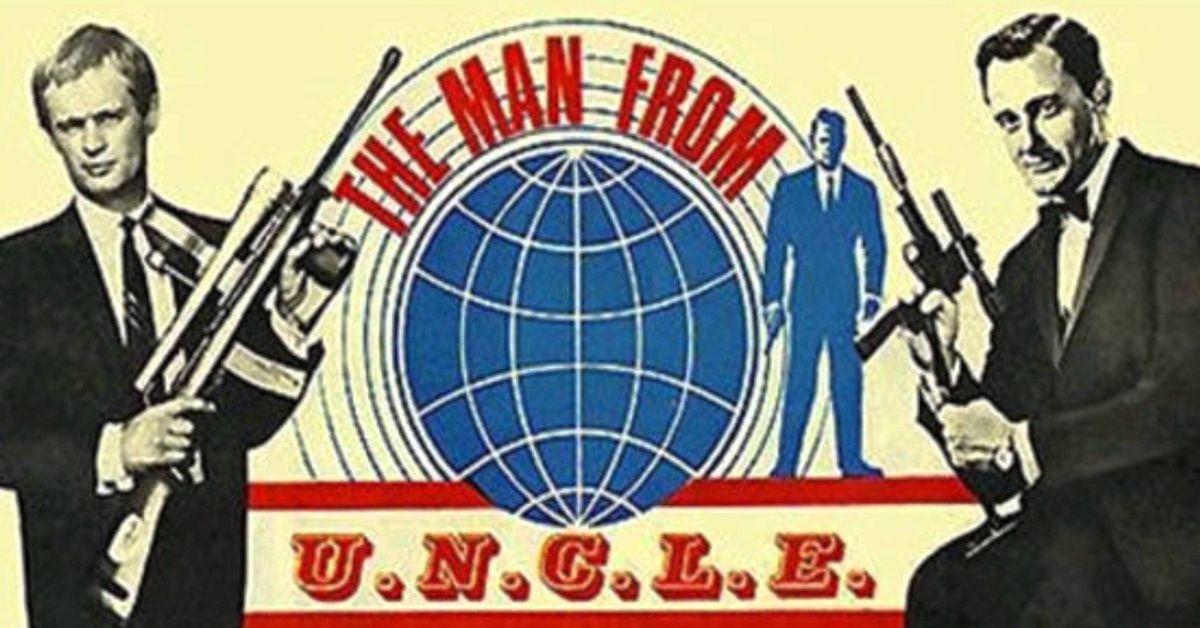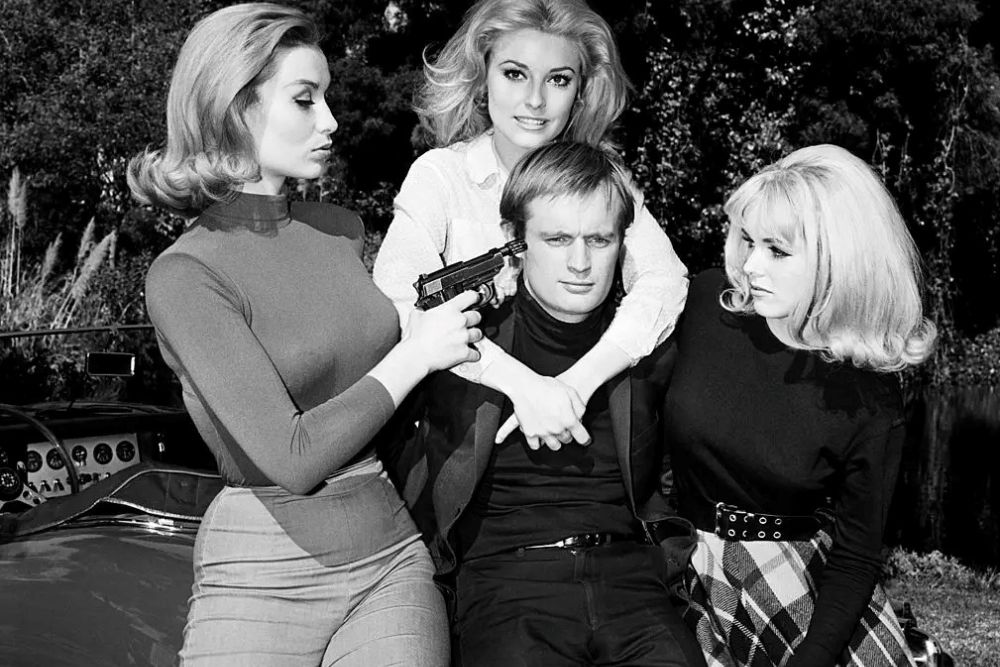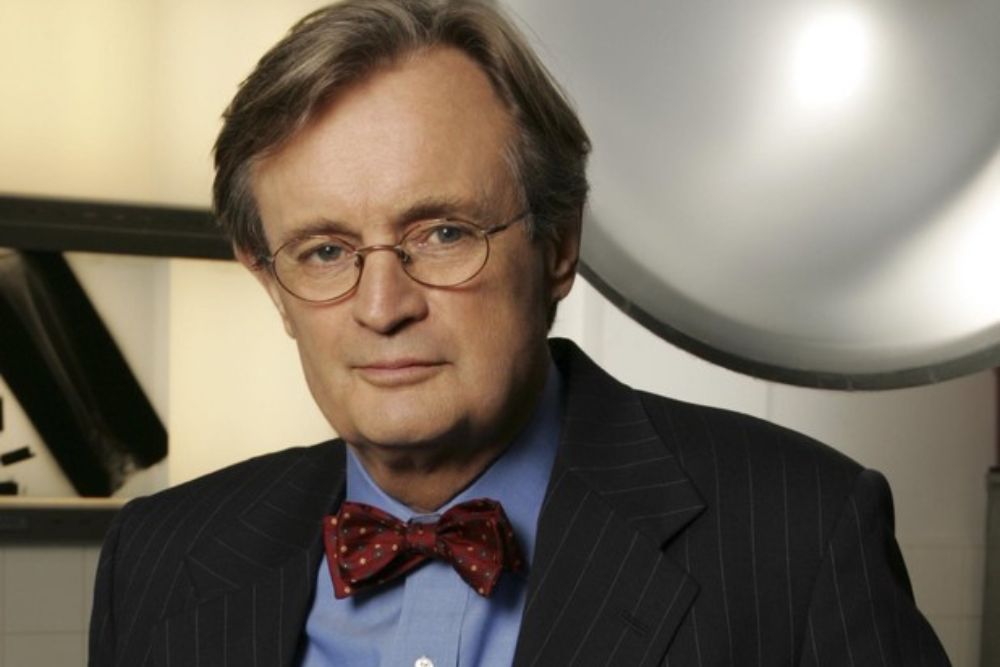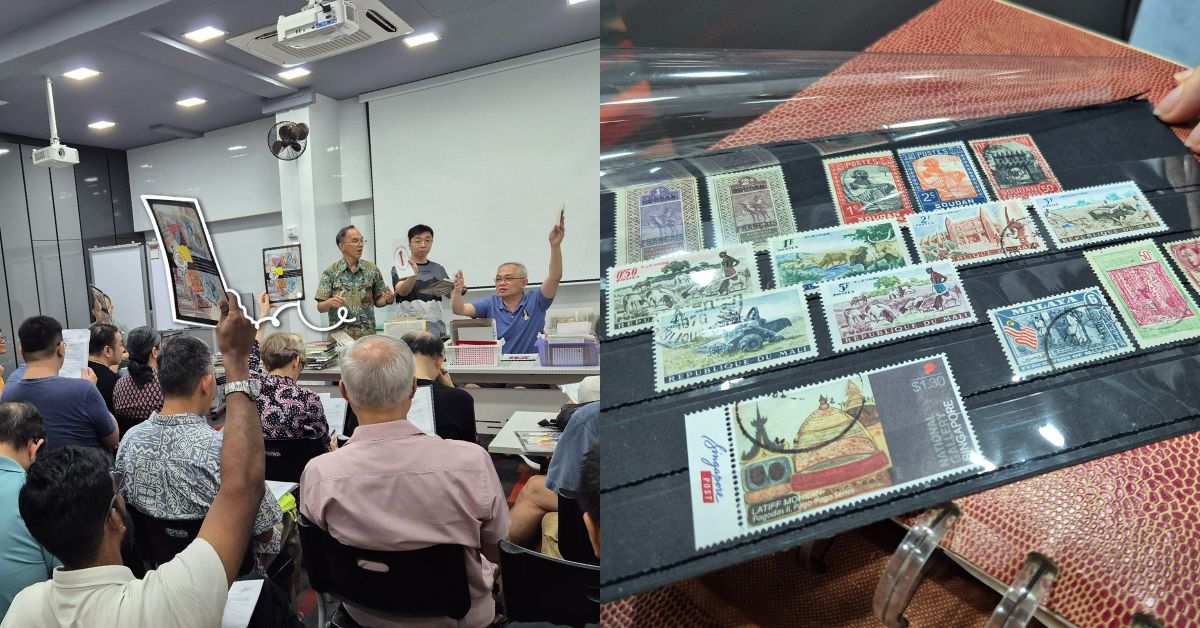
The death of David McCallum on 25 September would probably trigger a flood of memories in many silvers familiar with the actor and his body of work.
McCallum was part of the early television heroes who fuelled our imagination with stories of suave spies and crime-solving derring-do; when a quick-thinking act and a quick retort could save the day…and the planet!
Together with the late Robert Vaughn, McCallum was part of the United Network Command for Law and Enforcement (U.N.C.L.E.) whose differing characters were meant to symbolise the protagonists of the cold war era trying to work together.
Playing spies, Napoleon Solo and Illya Kuryakin, the two won several fans who have followed their careers after the four seasons of The Man From U.N.C.L.E. (1964-68).
That was a time of limited information and much disinformation to ensure the line between the perceived good and bad was clearly marked out and you were obliged to stick to your side without question.
Advertisement
The West was always portrayed as good, the communist bloc at the other end of the spectrum, and each viewed the other with animosity and distrust.
But the spy genre would be the flavour of that era, as Get Smart, Mission Impossible, The Wild Wild West, James Bond, I Spy, The Saint and The Avengers were among the variety of under-the-counter spies who came out to play with toys, good looks, killer lines and action scenes that, for that time, were engaging.
Fans Of Spy Fare

As consumers of the fare on the small and big screens, we could be forgiven for accepting the stereotypes and the basis of the storylines.
Not being in an environment where subterfuge ruled our lives, it was all very out there and nothing that most could directly relate to.
But the intrigue behind spycraft was fascinating for the twisting plot lines and devious nature of people and countries to get the upper hand.
The enduring nature of the spy genre is evident as most of these early TV series were reprised for the big screen in more recent years.
Tom Cruise has made a bundle from the Mission: Impossible franchise, Will Smith and Kevin Kline had fun with the remake of Wild Wild West, Val Kilmer’s take on The Saint was more intriguing and layered than the original TV series, Get Smart was less than funny in the hands of Steve Carell and Anne Hathaway, while Uma Thurman and Ralph Fiennes destroyed The Avengers.
The spy game of later years is no longer about black-and-white characterisations and linear story lines.
Double agents, complex networks and relationships embellished by technology have endowed the protagonists with much greater depth and opportunity to develop their characters, with storylines that are open to interpretation or set up for sequels.
While they still try to glam up the world of undercover operatives, today’s real spies are possibly youngsters in their pyjamas hacking into seemingly impenetrable servers to locate useful information.
No guns, no suits, no eye candy on their arm, or the ability to deliver a quick retort.
None of the stuff that marked McCallum and his generation for fame.
A Long Career

McCallum, whose parents were musicians and who was himself on that path, until the stage beckoned, enjoyed a long career as an actor, on the big and small screens.
His Kuriyakin role made him heartthrob material, with his Russian accent layered over his Scottish brogue.
Following U.N.C.L.E. he wound up in Colditz, a series about prisoners of war constantly trying to escape (1972-1974).
He then took on the role of Steel in Sapphire & Steel, a series that intrigued those who had an interest in science-fiction, playing opposite the delightful Joanna Lumley as Sapphire, from 1979 to 1982.
He also acted in a number of films, including The Great Escape and A Night To Remember.
The longest run he’s enjoyed is playing Dr Donald “Ducky” Mallard in the hit American series NCIS. The series is ongoing since 2003.
For those looking for a nostalgic trip down memory lane, streaming platforms have kept many of these old series and films alive.
They may lack the sophistication of today’s productions, but given the time, they served their role in keeping us entertained then, as they still do now.






